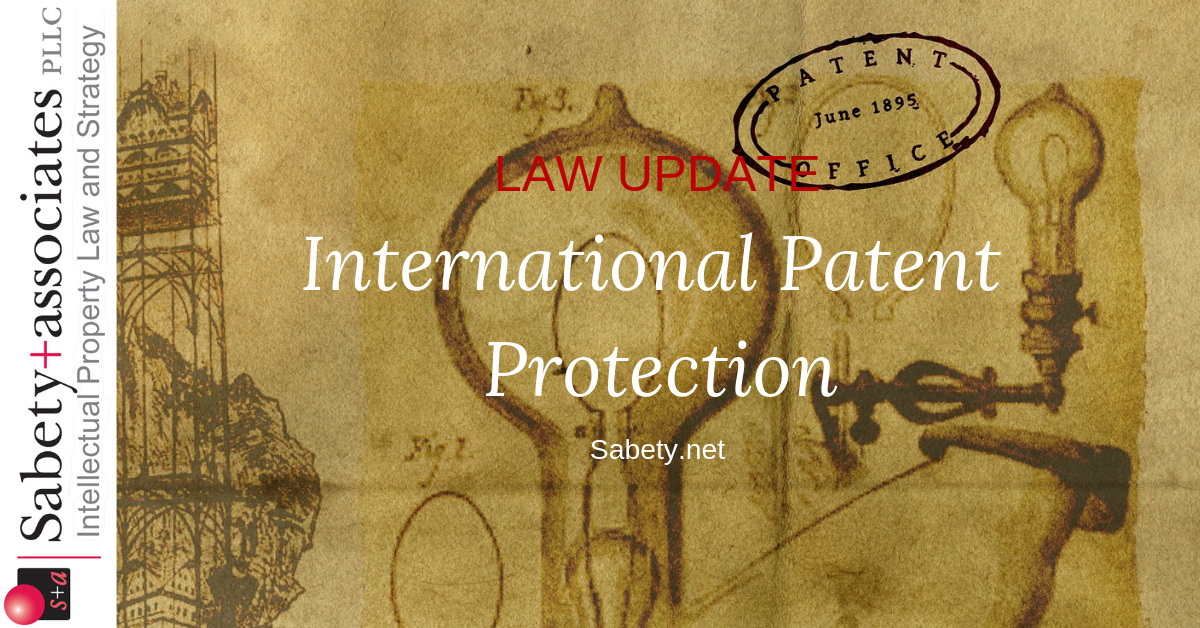Expect a surge of computer-related patents to issue due to relaxation of the prior standard for patentability.
Jan. 7, 2019. In a significant development, USPTO has issued new guidelines for examining patent claims over computer process related inventions. The USPTO recognized that prior examination practice was overly strict such that it rejected many legitimate computer process patent claims as claiming an “abstraction.” Now, the USPTO has instructed its examiners to consider that despite (for example) a “mathematical formula” or other data processing being recited in a patent claim, if the claim “integrates” that with “a practical application”, the claim is deemed patentable subject matter. See “2019 Revised Subject Matter Eligibility Guidance”, (Federal Register, Vol. 84, No. 4, Monday, Jan. 7, 2019)
We expect a surge of computer-related patents to issue as a result of this relaxation of the prior standard for patentability. In fact, in the past week, we have received several allowances of pending patent applications that had computer process related claims that had been hung up on this issue. It will be interesting to see how these new regulations interplay with new or pending claims over artificial intelligence (AI) processes, to the extent they can be tied to a “practical application”, for example, image recognition, semantic extraction from documents and the like.
Federal Standards for Privacy Protection
Jan. 16, 2019. Senator Marco Rubio introduced a bill (“American Data Dissemination Act of 2019,”) which is directed to create a set of federal standards for privacy protection, which will affect major internet media companies including Facebook, Amazon, and Google. The bill would order the FTC to issue regulations to clean up the situation. Most interesting is that the proposed law would broaden FTC jurisdiction to enforce the regulations against common carriers. The proposed bill relies on the ancient Federal Privacy Act of 1974 as the statutory foundation for regulations. The proposed law calls for limitations on large company data collection practices but provides exemptions for small businesses. The proposed bill also gives individuals the right to request access to records relating to that individual and to amend them in a manner similar to the Fair Credit Reporting Act. One encouraging aspect is that a Federal statute like this would pre-empt aspects of the emerging tangle of state laws relating to data privacy and protection—a helpful development given that the internet knows no boundaries. The open question is how this bill and its attendant regulations will fare in the face of intense industry lobbying.

